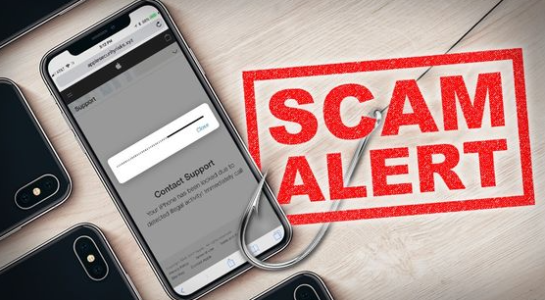New measures aim to enhance SMS security and combat rising scam incidents.
SINGAPORE: The Infocomm Media Development Authority (IMDA) has put forward a proposal that could require merchants and organisations using SMS sender IDs to register with the SMS Sender ID Registry (SSIR). This initiative is part of a broader strategy to combat scams and enhance the security of SMS as a communication channel, as announced in a news release on Monday (Aug 15).
In collaboration with the Singapore Police Force, government agencies, and private sector partners, IMDA aims to strengthen scam prevention capabilities. Under the proposed regulations, organisations would need to complete their registration by the end of this year, following a transition period that commences in October.
“Only registered sender IDs will be permitted,” IMDA stated, adding that all non-registered sender IDs will be blocked by default to protect users. The SSIR was piloted in August 2021 and officially established in March this year, in response to a notable increase in SMS-related scams. Since its inception, over 120 public and private organisations have signed up for the registry, leading to a threefold reduction in reported SMS scam cases.
Currently, registration is voluntary, meaning that the public may still receive spoofed text messages from unregistered sender IDs. If the proposal is enacted, organisations using SMS sender IDs will be required to register with the SSIR, providing their Unique Entity Numbers (UENs). Additionally, aggregators managing text messages with sender IDs will also need to participate in the SSIR and verify merchant sign-ups through their UENs.
IMDA is also collaborating with mobile network operators to explore anti-scam SMS filtering solutions within their networks. These technological advancements will allow for the detection and filtering of potential scam messages at the telecom level, using machine reading technology. Proposed solutions include identifying malicious links in SMS that lead to scam websites and developing methods to spot suspicious scam patterns.
The IMDA is currently inviting public feedback on these proposed measures, which can be submitted through their website until noon on September 9. Additionally, IMDA is considering options for consumers to block international calls and SMS messages.
While these measures aim to bolster protections against scams, IMDA reminds the public to remain vigilant. “Scammers will continually adapt their methods and tactics to deceive the public,” the authority warned. “The best defence is an informed public, where individuals stay alert and share scam prevention tips with their friends and family.”
For added protection, IMDA encourages the public to download the Scamshield app, designed to filter scam messages and block fraudulent calls.








